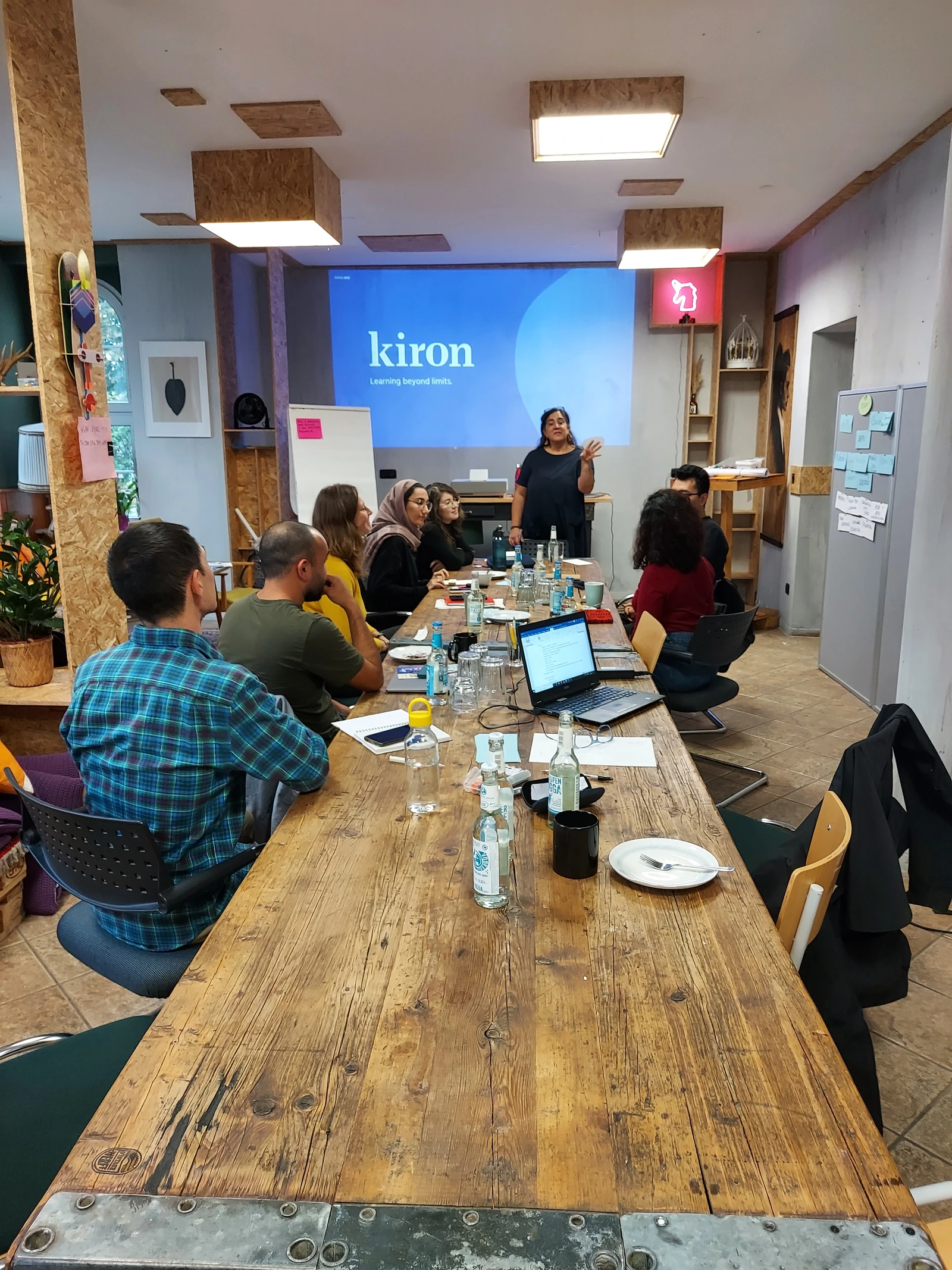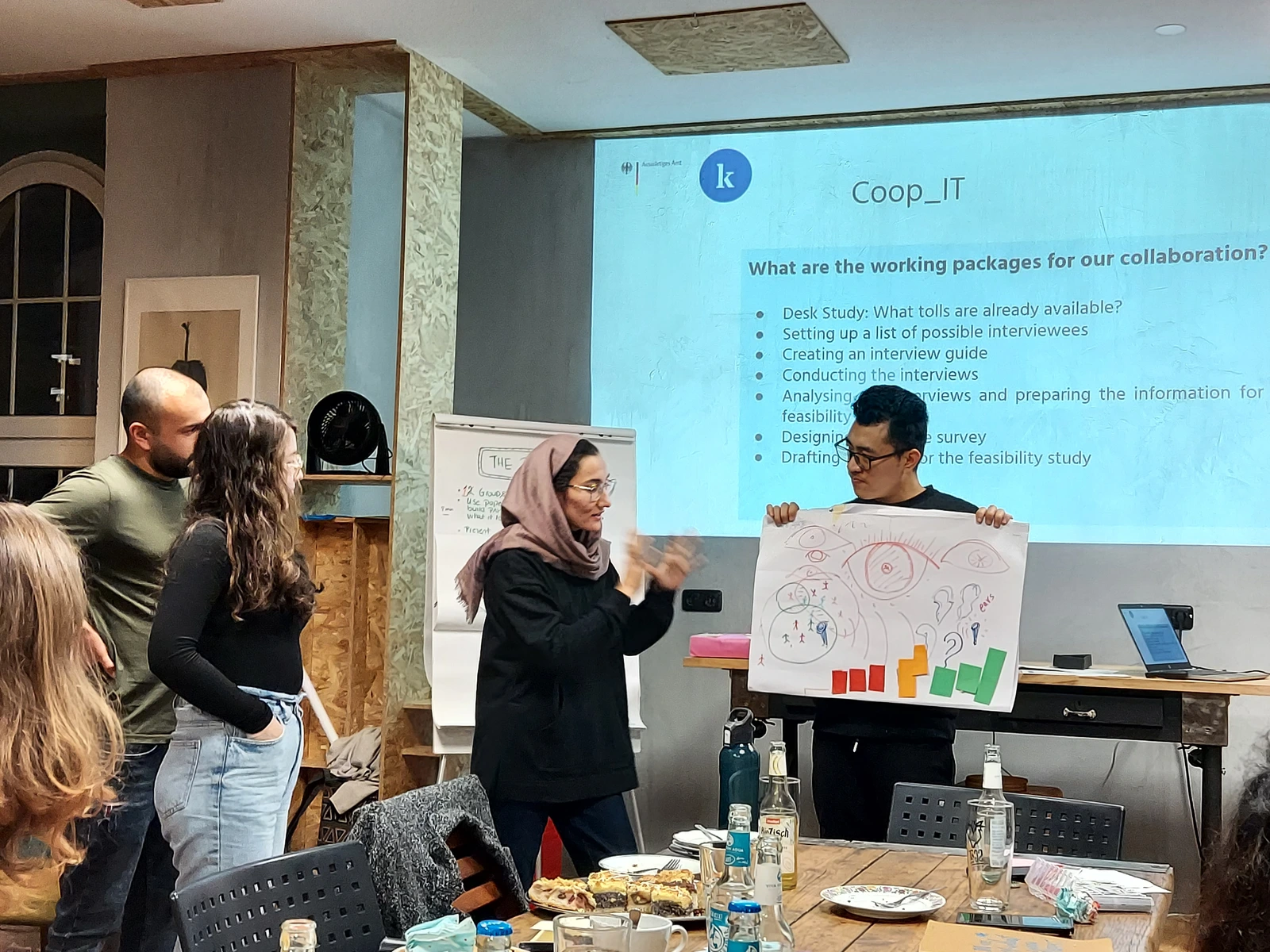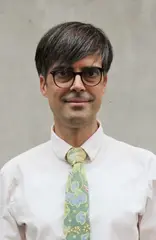Kiron Open Higher Education, renowned for its efforts to integrate refugees into the German education system, teamed up with a group of students from the Brandt School to explore how individuals in illiberal regimes can navigate the digital space more securely. According to project leader Gunda Amat Amaros, the study’s findings are encouraging. Despite the generally positive outcomes, she also highlighted ongoing challenges: “Unfortunately, these protective measures are often too little known. Many activists avoid using digital tools because they misjudge the power of repressive regimes and the effectiveness of protective instruments.”
As part of the project, students from the Brandt School, under the guidance of Professor Kemmerling, conducted twenty interviews with activists from countries such as Venezuela, Kazakhstan, and Myanmar – nations where repression and digital surveillance are part of daily life. These interviews provided profound insights into the challenges faced by activists worldwide and formed the basis for practical recommendations.
The findings of the feasibility study underscore the importance of targeted awareness-raising and the dissemination of information about digital protection measures to better safeguard individuals in repressive systems. Through their collaboration, the Brandt School and Kiron Open Higher Education are making a vital contribution to strengthening the digital security of activists, journalists, and cultural workers.
This work demonstrates that solidarity and expertise can provide tangible support to people in challenging circumstances. It is yet another reason to prioritize digital security in the agendas of politics, academia, and civil society.



